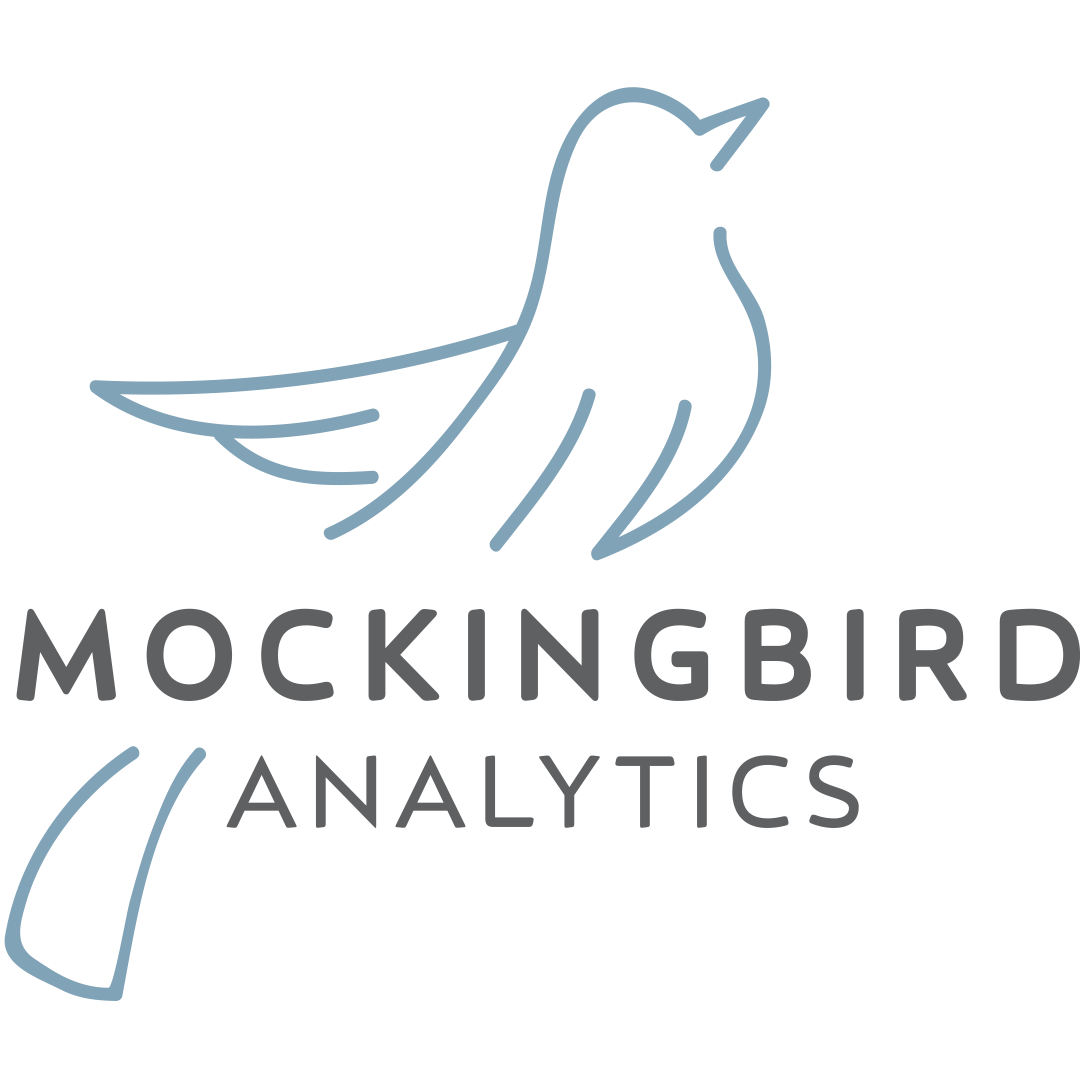WWPD: Jessica Payne
At the end of the 19th century, a young French writer named Marcel Proust answered a series of questions from a confession book, similar to what we’d call an autograph book. The responses to these inquiries were thought to unlock the true character of a person – it was a popular parlor game at the time. Proust’s eloquent, extraordinary answers became quite famous, and although he didn’t author the questions himself, the collective queries are now known as a Proust Questionnaire.
Confidence
1. What is your idea of perfect happiness at work?
Some classical music, a cup of tea, a view and a really fascinating research question.
2. What is your greatest professional fear?
Being bored by my work or feeling like it doesn’t matter. I hate spinning my wheels.
3. What trait do you have to work on the most?
Being overwhelmed. Running your own business is no joke so I work very hard on my will power muscles and not avoiding the harder parts of my job(s).
4. What trait do you look for in colleagues?
Creativity and the willingness to treat our work and time together as iterative and experimental. Being a researcher means I’m used to trying out new ideas and learning by doing, but that’s not always how others are most comfortable. When I find someone who like to learn and create new stories the same way it’s an instant professional connection.
5. What trait do you want to create in organizations with which you work?
The ability to support everyone’s best work is the most important quality I try to bring with me (and I’m working on creating with Mockingbird).
6. What organization’s mission do you most admire?
That’s so hard! I really connect to the mission of B Corps like ourselves, who are out to create the best products for the best people and are respectful of intersectionality of social issues.
7. What is the most important investment a business or non-profit could make?
Creating the conditions where your employees do their best work. Sometimes that’s about physical environment, sometimes that’s about professional development, and sometimes that’s about emotional intelligence and relationship building.
8. What is your current state of mind?
I’m feeling pretty thoughtful (and a little hungry).
Confession
9. What do you consider the most overused buzzword in your field?
Big data. It means a lot of different things to different people and I don’t think it always gets used in ways that are translated to action.
10. Under what circumstances do you need to adapt?
When I’m working with data that doesn’t tell the whole story of an organization. Or when there’s so much missing data that it misrepresents the story. That’s always a tough moment that I try to navigate very carefully.
11. What perception of your field do you most want to change?
That there is an ivory tower of research. Numbers do not have to be a way to disenfranchise the individual. I think organizations get scared that human stories and incremental progress are lost when you report statistics and that doesn’t have to be the case. Math has its place as a tool for organizations.
12. Which person in your field do you most admire?
My favorite professor of all time, Dr. David Sloane, his approach to urban planning is so sensitive and human-centered. He’s a giant and I want to be that eloquent someday.
13. What is the quality you like the most in a boss?
Compassion.
14. What is the quality you like the most in a client?
Flexibility. And friendliness doesn’t hurt.
15. What is your elevator pitch for your job?
I’m a researcher that helps non-profits tell the story of their work through outcomes and evaluation.
16. What is your professional motto/mantra?
Play nice.
17. What is your professional passion? Telling stories that make the world a better place.

